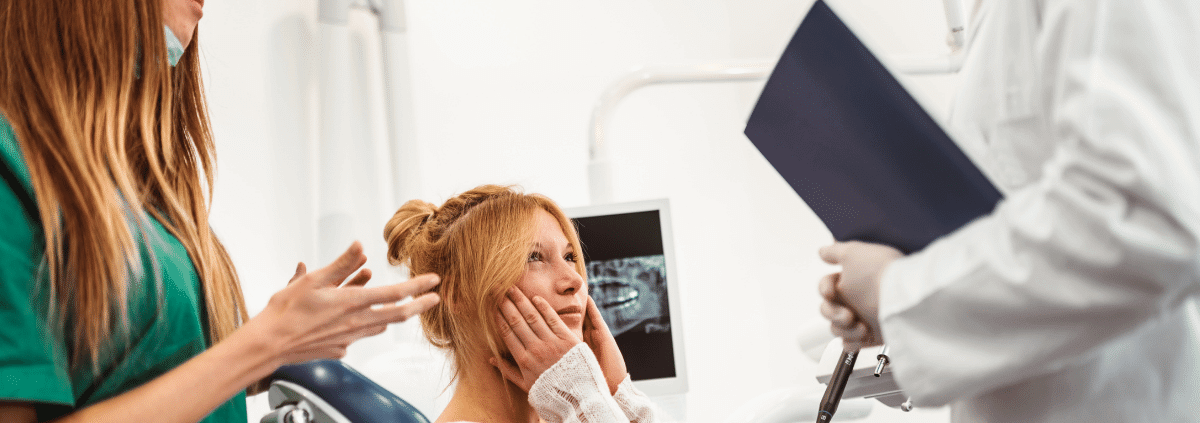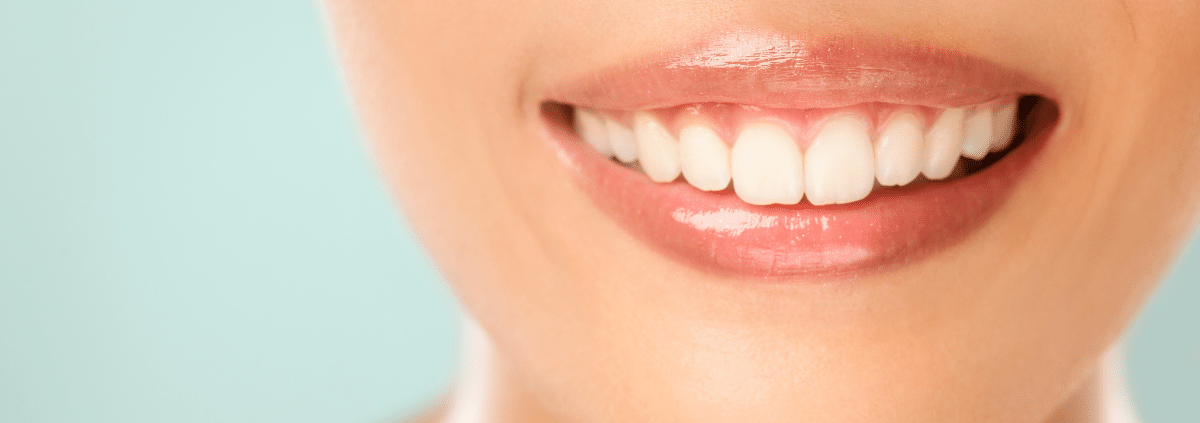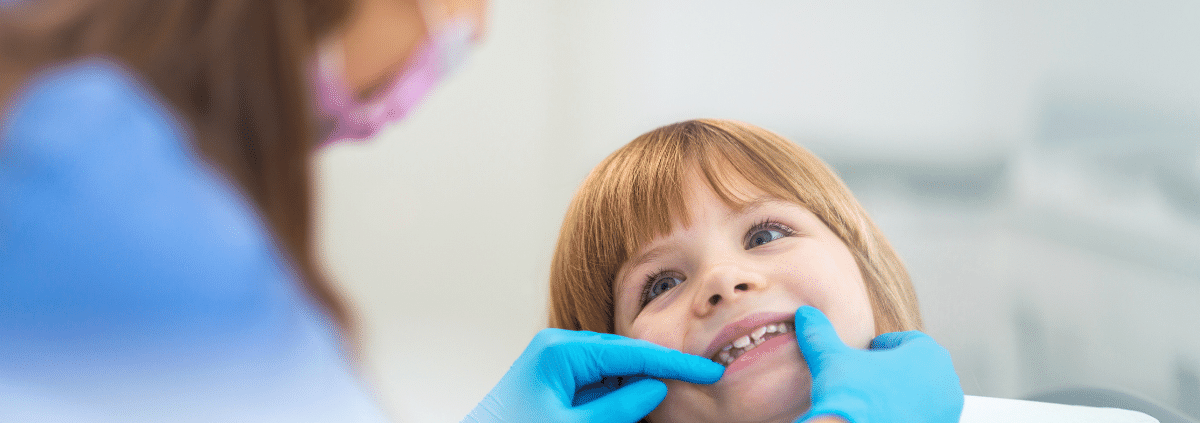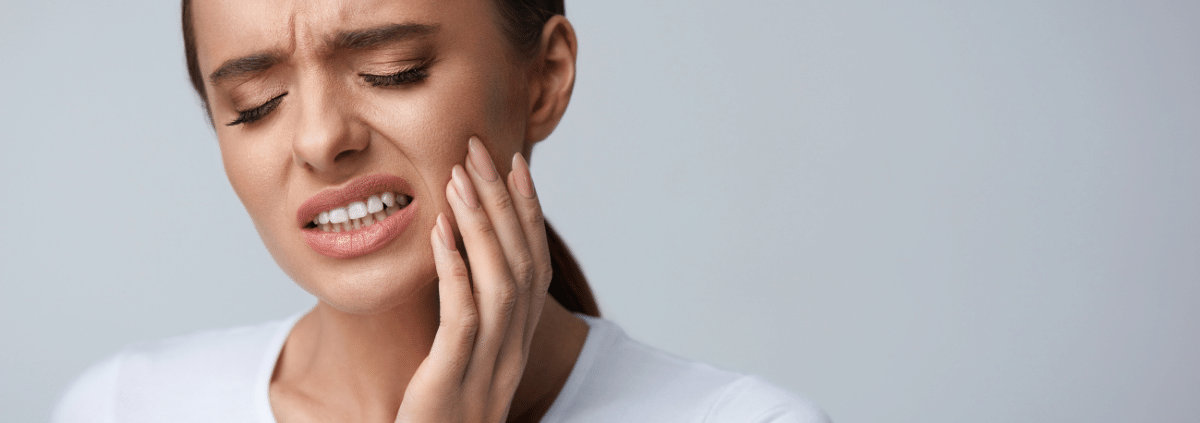One unique thing about CK Dental is that it is able to offer patients dental treatment under conscious sedation, as well as general anaesthetic (GA). This is because it is located in a hospital setting, at the Nuffield Health Bristol Hospital in Clifton.
Having the option to be sedated, coupled with it being a very relaxing and calm environment, allows many nervous patients to be immediately put at ease. But it is also the highly experienced dental team who deliver the treatments that make a trip to the dentist far easier to bear.
Dr Neil Rasburn has been CK Dental’s consultant anaesthetist for the past five years. He works closely with principal dentist Dr Cornelius Krause, as well as an anaesthetic assistant. They are in fact a very ‘well-oiled’ team! And this is uncommon, as in most practices, the dentist carries out a treatment whilst also monitoring a patient’s sedation. But at CK Dental, Neil and his assistant can keep a close eye on the patient and ensure they are as safe as possible. This allows Cornelius to focus solely on the dental treatment.
We asked Neil about dental work under general anaesthetic, as well as conscious sedation.
What can a patient expect from a dental treatment under general anaesthetic?
“The patient always has a full pre-op assessment to ensure that they are safe to have general anaesthetic. If they are coming from quite far away, this can be done over the phone. The procedure is always fully explained beforehand during the initial consultation.
“Any dental surgery where general anaesthetic is used takes place in the theatre at the Nuffield Health Bristol Hospital. I will meet with the patient on the ward and explain what is involved, and how they will feel. Then, when they are prepared, the GA will be administered via one of the veins on the back of the hand. It doesn’t take long for them to become unconscious. So all they know is waking up in the recovery room after the treatment.”
And for those patients with a fear of needles, there is also an option to have gas through a mask to fall asleep.
“We ensure that you are comfortable on waking, and you will be supplied with painkillers to keep you comfortable after the treatment.”
Is there any risk of waking up?
A big concern that many patients have is the possibility of waking up during treatment. Neil said that this was extremely rare. And it is very unlikely at CK Dental because of the undivided attention he and his assistant give the patient. Not to mention all the different monitoring equipment throughout the procedure.
How is this different to conscious sedation?
“Similarly to GA, there will be a pre-op assessment to ensure safety. And similarly to GA, the medication is administered via a drip in the hand. However, with conscious sedation, the level of sedative is very slowly increased over time to ensure it is just right. So they are still awake and conscious. This might take ten minutes or so and allows the patient to be compliant with whatever Cornelius needs them to do. Whilst making sure that they are comfortably numb.
“Once the dental treatment is underway, the local anaesthetic can then be reduced. This is to a level that means they are alert and awake as soon as the procedure is over. They are still observed after the treatment, until they are fully alert and ready to be taken home.
“There are very few side-effects from conscious sedation as there is very little medication. However, 80% – 90% of patients cannot even remember the treatment!”
And what about those with a real fear of the dentist?
Neil explained that because of the number of people with dental phobia, the treatments that conscious sedation is used can be varied. These can range from a basic check, or a clean, to a two hour procedure. And sometimes, it is only during the check that Cornelius can see what extra work is needed.
He said that before the procedure takes place, his role is mainly to reassure patients that they will be in a comfortable place. A place where they will be able to open their mouth for the treatment.
“Many patients have built up fear over a long time. But they have such a good treatment experience using conscious sedation, that they choose not to have it again when they come back for a follow-up treatment.”
Are you still waiting for dental treatment?
Neil spoke about the growing waiting lists for dental work under general anaesthetic – because of the pandemic. So treatments such as root canals and cosmetic dental work with general anesthesia, are hard to find outside CK Dental.
If you need to see a dentist, or if you are a nervous patient and want to feel confident about your dental treatment, please get in touch. And if you have any questions about dental treatment under general anaesthetic or conscious sedation, contact the team.


















